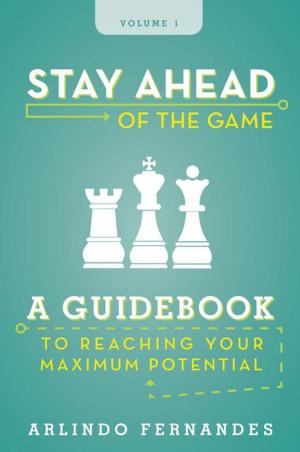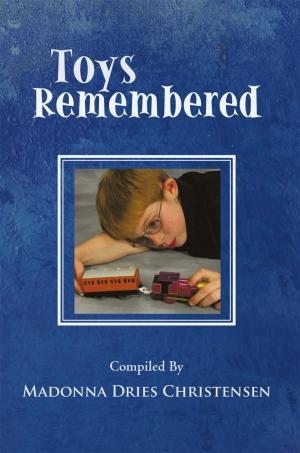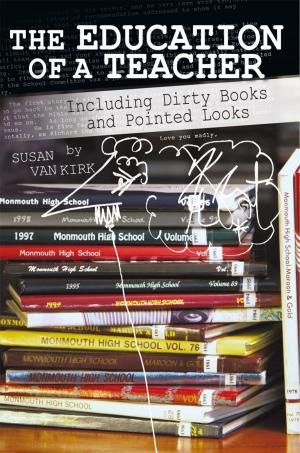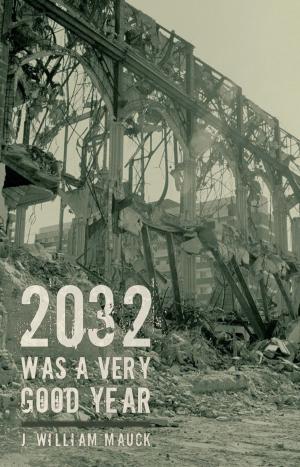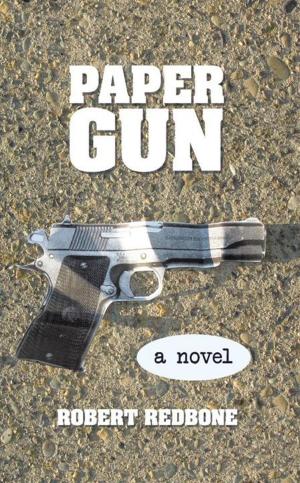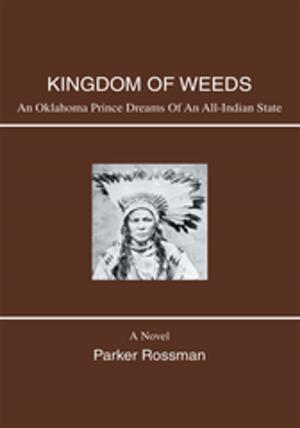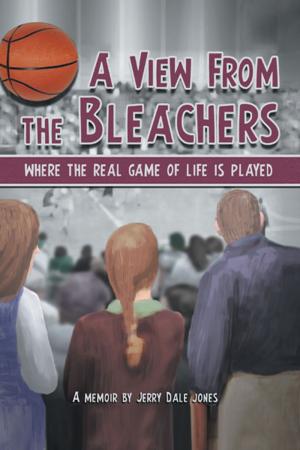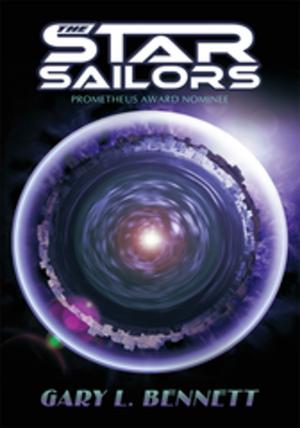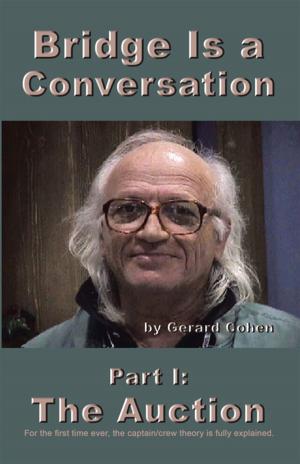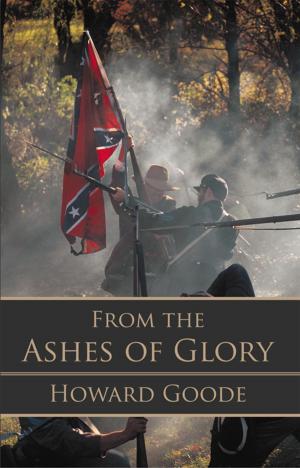Flakes of Dark and Light
Tales from Southern Africa and Elsewhere
Fiction & Literature, Humorous, Short Stories| Author: | Roy Holland | ISBN: | 9781462080977 |
| Publisher: | iUniverse | Publication: | February 28, 2001 |
| Imprint: | iUniverse | Language: | English |
| Author: | Roy Holland |
| ISBN: | 9781462080977 |
| Publisher: | iUniverse |
| Publication: | February 28, 2001 |
| Imprint: | iUniverse |
| Language: | English |
The title Flakes of Dark and Light is evocative of the sharp flakes of insight and colour which characterise these tales. The tales in the first part mostly depict an African setting and, in fact, are more recent, often suggesting the climate of change and violence that has gripped southern Africa in the last two decades. The stories in the second part were inspired by a more English tradition and, in fact, capture the climate of change that brooded over life during the Thirties and the war years. A contemporary of Ted Hughes, and with many of his stories set in the depressed, sometimes seedy England of the Thirties and Forties which Graham Greene depicted in his early novels, its not surprising that Roy Hollands images and sentences are like flakes that cut like broken glass. A true artist, he does not take sides, but holds up a mirror to show life as it isorwaswhether in a pre-war England or an Africa ravaged by drought and violence. His tales are snapshots, truthful, sometimes startling, of two quite distinct cultures. However disparate they may seem, one is invariably aware of an underlying tenderness and sympathetic vision in the portrayal of character, regardless of race or background, that binds them together.
The title Flakes of Dark and Light is evocative of the sharp flakes of insight and colour which characterise these tales. The tales in the first part mostly depict an African setting and, in fact, are more recent, often suggesting the climate of change and violence that has gripped southern Africa in the last two decades. The stories in the second part were inspired by a more English tradition and, in fact, capture the climate of change that brooded over life during the Thirties and the war years. A contemporary of Ted Hughes, and with many of his stories set in the depressed, sometimes seedy England of the Thirties and Forties which Graham Greene depicted in his early novels, its not surprising that Roy Hollands images and sentences are like flakes that cut like broken glass. A true artist, he does not take sides, but holds up a mirror to show life as it isorwaswhether in a pre-war England or an Africa ravaged by drought and violence. His tales are snapshots, truthful, sometimes startling, of two quite distinct cultures. However disparate they may seem, one is invariably aware of an underlying tenderness and sympathetic vision in the portrayal of character, regardless of race or background, that binds them together.

